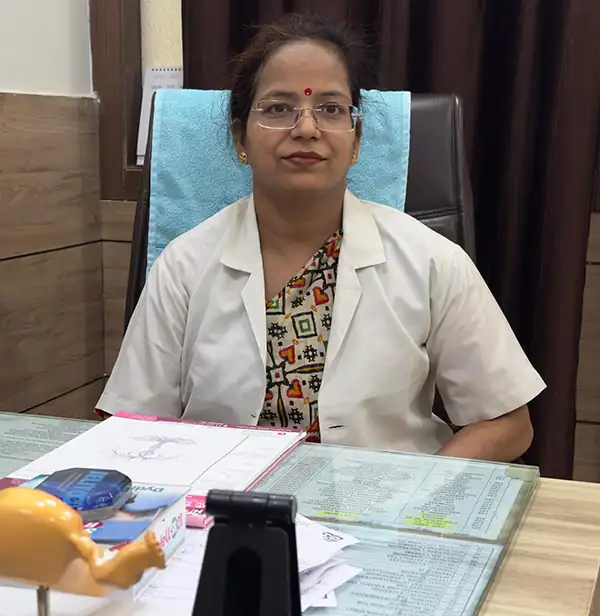
Gynaecology
Gynaecology focuses on the health of the uterus, ovaries, cervix, and vagina. Common gynaecological conditions include endometriosis, ovarian cysts, cervical polyps, uterine fibroids, polycystic ovarian syndrome (PCOS), and pelvic organ prolapse.
Gynaecology treatments
Conditions within the female reproductive system can cause uncomfortable symptoms, be life-threatening, and affect fertility. At One Health, we aim to find solutions and treatments to help your condition and ease your symptoms.
Whether you’re in chronic pain, need a diagnosis, or have a condition that requires treatment, we use advanced techniques and expertise to help you get back to health and your regular activities.
Common conditions
Gynaecology focuses on conditions affecting the uterus, ovaries, cervix and vagina. Common conditions include endometriosis, ovarian cysts, cervical polyps, uterine fibroids, polycystic ovarian syndrome, and prolapse.
Patients may come to us with symptoms such as pelvic pain, intermenstrual bleeding, and heavy bleeding. Using advanced diagnostic techniques, scanners and our expertise, we can diagnose conditions and suggest and carry out the right treatment.
Popular treatments
We offer a range of advanced surgeries and diagnostics for Gynaecology so you can feel better sooner. The treatments we offer include:
Hysterectomy for endometriosis, fibroids and prolapse.
Endometrial ablation to reduce lining tissue of the womb for heavy periods
Prolapse repair for prolapse of the pelvic organs
Gynaecological laparoscopy for diagnostics and treatments
Laparoscopic Sterilisation
Recovering from Gynaecology Treatments
Recovery from your gynaecology treatment begins in the hospital. If needed, you will receive pain management medication and may have some to take home.
You may feel tired from the anaesthetic. It’s important to rest when necessary. You should shower as normal but avoid soaps. Wear loose clothing and avoid using lotions around the wound area, which may cause irritation. If you have bright red bleeding after the operation, contact your GP for advice.


